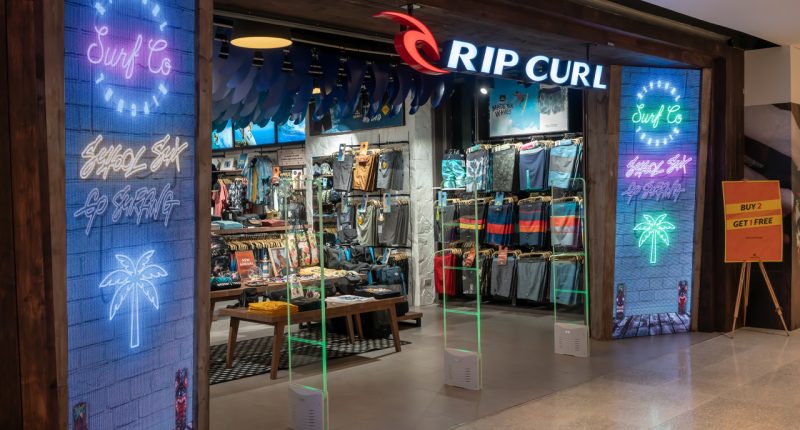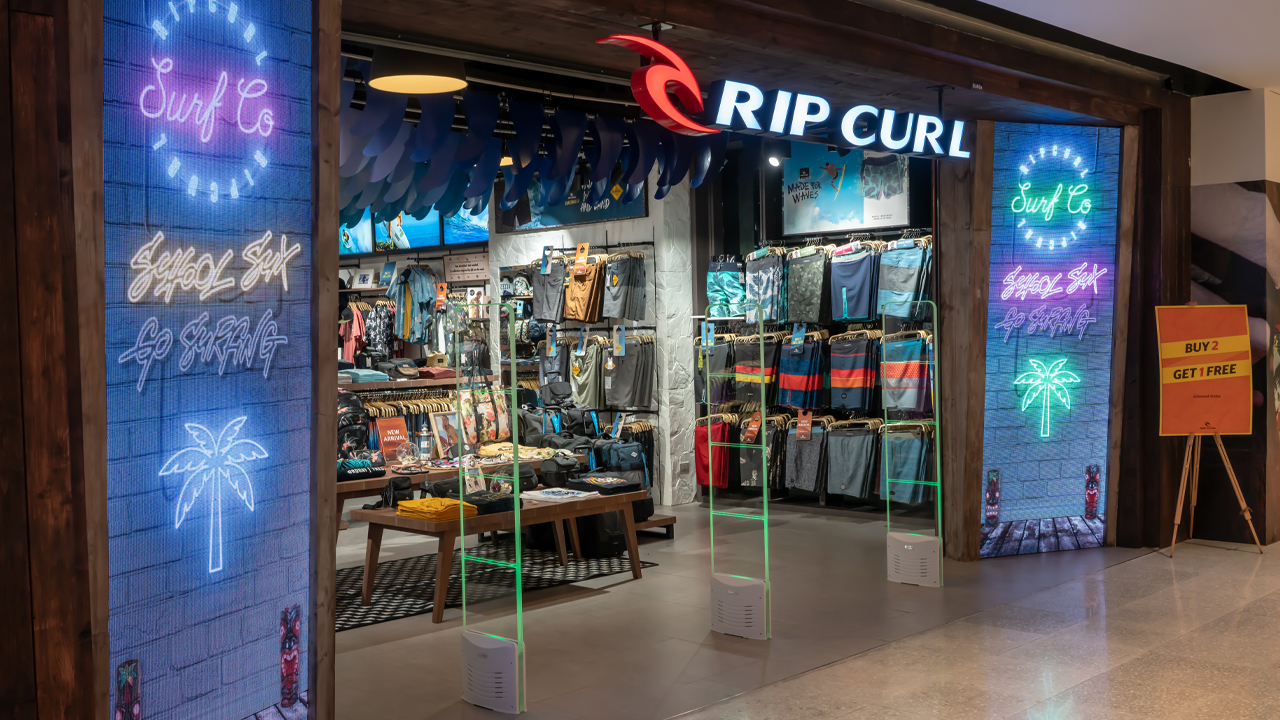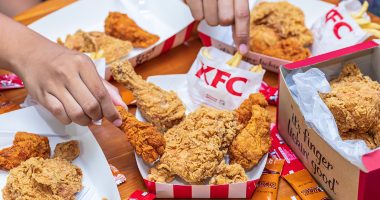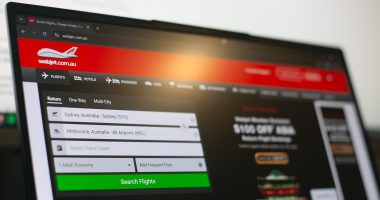- Travel and adventure retailer Kathmandu’s (KMD) interim FY21 results has been saved by Rip Curl’s financial performance
- Rip Curl achieved strong sales and profits, despite COVID-19 impacts in key markets
- The surf store contributed NZ$48.7 million (A$45 million) to Kathmandu’s underlying earnings
- Notably, Rip Curl’s wholesale order books are back to above-pre-COVID-19 levels
- On the market this morning, Kathmandu is up 5.73 per cent and trading at $1.20 per share
Travel and adventure retailer Kathmandu’s (KMD) interim FY21 results has been saved by Rip Curl’s financial performance.
The travel and adventure retailer has recorded a net profit of NZ$22.3 million (around A$20 million).
Notably, the latest profit includes a full six months of trading for Rip Curl and net government wage payments of NZ$15.2 million (roughly A$14.07 million) as a result of the pandemic.
The group recorded a 12.9 per cent increase in sales to NZ$410 million (around A$14 million). Kathmandu saw a jump in online sales, with online representing 12.7 per cent of direct-to-consumer sales, compared to 8.8 per cent this time last year.
Underlying earnings before interest, taxes, depreciation and amortisation (EBITDA) was reported at NZD$48.2 million (about A$44 million), a 19 per cent increase compared to this time last year.
Rip Curl
Crucially, the standout retailer of the first half was Rip Curl. Despite operating in challenging COVID-19 conditions, the surf shop recorded an “outstanding” first-half result.
Kathmandu purchased Rip Curl in late 2019 to diversify its products, pairing the summer and beach-focussed store with its Kathmandu winter and outdoor store.
Rip Curl contributed NZ$48.7 million (around A$45 million) to Kathmandu’s underlying EBITDA.
Total global sales were 4.3 per cent below the comparable six month period last year. The company saw a sales impact among Rip Curl stores in airports, Melbourne, Hawaii, Bali and parts of Europe.
Sales growth was achieved in key markets like Australia, the U.S. and Europe, despite COVID-19 trading restrictions, highlighting the Rip Curl brand in core surfing geographies around the world.
Notably, wholesale order books are back to above pre-COVID-19 levels.
Kathmandu
It was a different story for the group’s Kathmandu stores. Multiple headwinds affected Kathmandu over the first half, with 27 Greater Melbourne stores closed for 11 weeks and 14 Auckland stores closed for two weeks.
Kathmandu was also impacted by low foot traffic in shopping centres, CBD stores and tourist locations.
While there was strong demand for camping products, there was a lower demand for insulation and rainwear due to a lack of international travellers to the Northern Hemisphere.
Same-store sales were down 30 per cent (adjusted for COVID-19 lockdowns) and 35.4 per cent overall.
CEO Xavier Simonet says whilst navigating the COVID-19 impacts, the group’s long-term strategy remains unchanged.
“During the second half, we are focused on the strong execution of Kathmandu’s winter season in Australasia. We will also see the benefits from synergies and cost-out initiatives across the group, which we expect to deliver around $15 million of annual savings in FY21,” he said.
“We have a number of key initiatives planned for the second half to further connect with our customers to drive increased sales. We will begin implementing a loyalty program at Rip Curl, and Oboz is launching a direct to consumer online store,” he added.
On the market this morning, Kathmandu is up 5.73 per cent and trading at $1.20 per share at 10:31 am AEDT.







